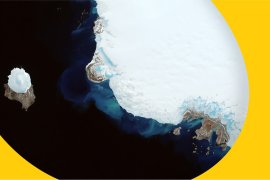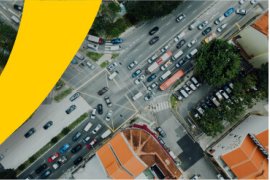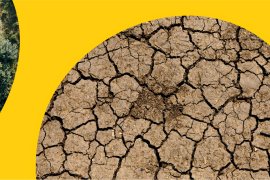Research

Current climate change has big consequences worldwide for humans and the environment. How can we deal with this complex issue, the biggest challenge to humanity? Researchers from Utrecht University investigate many sustainability themes. They study the climate, the greenhouse effect, climate change and the role humans play in these matters. This way, they contribute to a sustainable future.
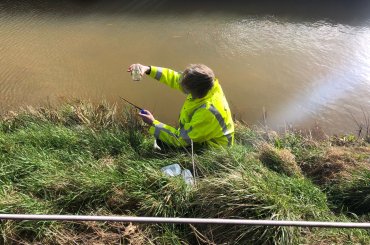
UUlabs: Test gardens for sustainable development
Utrecht University creates test gardens (UULabs) on campus for sustainable development. These are open, transparent and innovative experiments: ‘living laboratories’. In these, we unite education, research and operational management. Involved researchers, students and social partners come up with innovative solutions to sustainability challenges together in the UULabs.
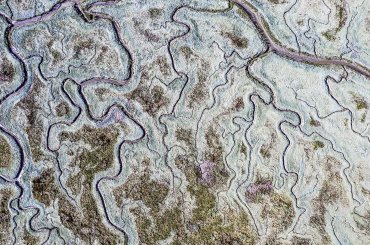
Pathways to Sustainability
The university-wide programme Pathways to Sustainability is fully focused on sustainability. Researchers with various expertises collaborate on socially important and recognisable sustainability issues. The central question in these thematic networks is: What is needed for the transition to a sustainable society? We contribute to this as UU by doing groundbreaking, stubborn, daring and visionary research from multiple areas of expertise.
As Utrecht University, we do a lot of research on sustainability within different areas of expertise. We combine fundamental natural science, social science and economic research. This allows us to study sustainability from multiple perspectives (integrally) in a unique and idiosyncratic way.
Our research areas on sustainability
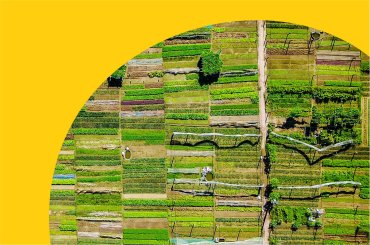
Sustainable society and food
A sustainable planet requires - besides technological solutions - a sustainable society. The arrangement of the cities of the future, our food, the animals we keep and our own health are of crucial importance to the prevention of irreparable ecological, social and economic damage. Examples of research groups in this field are: Planetary Health, Open Cities, Future Food and Transforming Cities.

Fair transition and governance
Climate change will soon become the most important cause of human-rights violations. The poorest countries in the world will pay the most heavy price. How do we ensure that the transition to a sustainable world will also proceed in a just, honest and democratic way? The following research groups occupy themselves with these critical questions: IOS-Fair Transitions, Critical Pathways, IOS-Bottom-up Initiatives for Societal Change, Centre for Global Challenges, and Prins Claus Chair in Equity and Development.
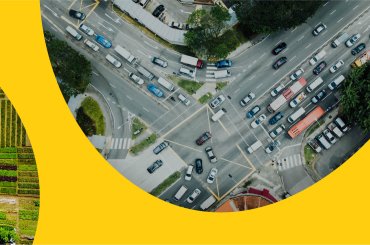
Sustainable behaviour
The consequences of climate change will affect us all. Especially our current generation of children and youngsters. This compels young and old people to think: What can they do themselves to stop this? The young are often seen as the actors of change, but is that really an honest approach? What is needed to change behaviour? And what are factors which make environmentally-friendly behaviour more difficult or actually easier? The following research groups occupy themselves with these questions: Green teens, Behaviour and Institutions, Futuring pedagogies and development of eco-identity in secondary education, and Growing Green Study 1.0
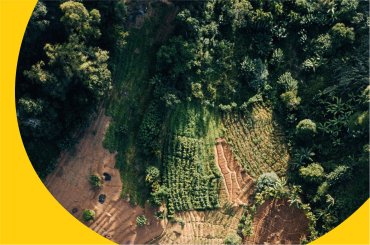
Sustainable ecosystems and biodiversity
Rising sea levels, subsidence, flood risks, pollution and loss of biodiversity are all factors which threaten life on Earth. Knowledge on the functioning of natural ecosystems is needed to maintain and improve our quality of life. Research groups which occupy themselves with this: Water, Climate and Future Deltas, Sustainable Ocean, Planetary Health, Institute for Marine and Atmospheric Research Utrecht, Copernicus Institute, and Biology.
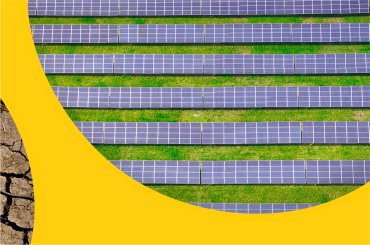
Technologies and materials
A growing world population and increasing wealth result in a (too) high demand for resources and energy. For the transition to a sustainable society, we have to fundamentally change our ways of producing and consuming. This requires research into new technologies, materials, processes and methods. Research groups which occupy themselves with this are: Circular Economy, Energy Transition and Science for Sustainability, Advanced Research Center Chemical Building Blocks Consortium (ARC CBBC)


